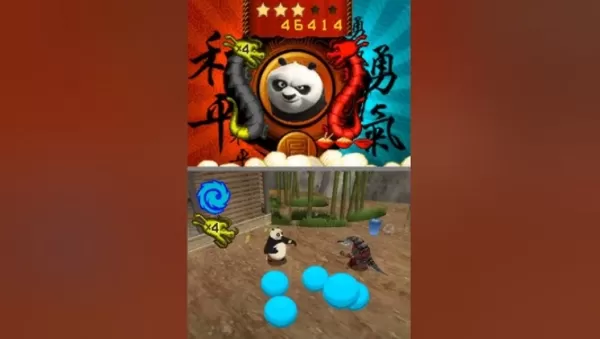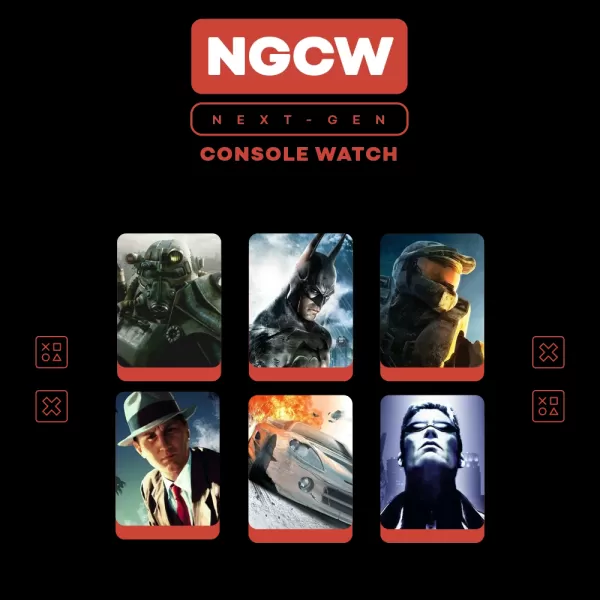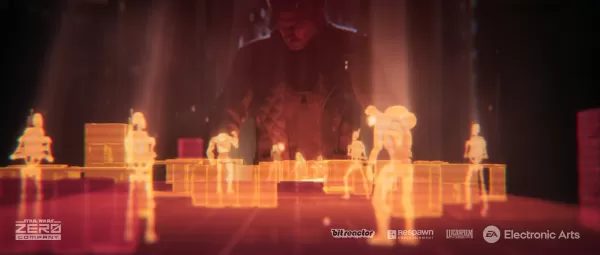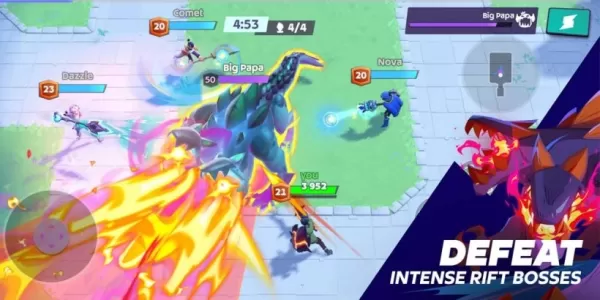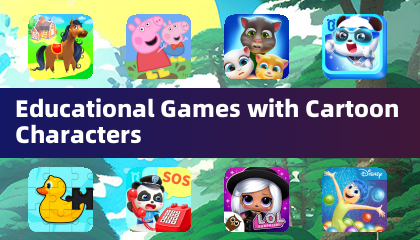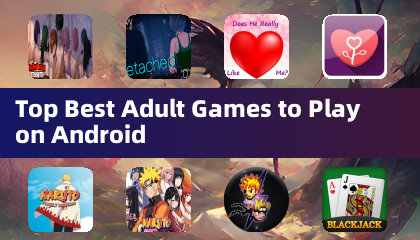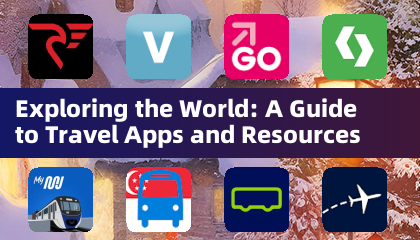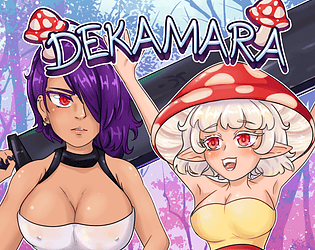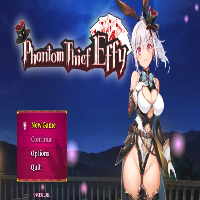It's been a while since video games were merely action-packed, adrenaline-fueled adventures. Hideo Kojima, the mastermind behind Metal Gear Solid, introduced the world to Death Stranding, a game that explored the dual themes of division and connection in a pre-pandemic world. Its highly conceptual narrative and innovative delivery-centric movement mechanics opened up new avenues for gaming experiences.
In the sequel, Death Stranding 2: On the Beach, Kojima revisits these themes in an even more intricate manner, posing the question: "Should we have connected?" As the game's release date of June 26, 2025 approaches, we delve into the position Kojima has taken in crafting its story, especially as global divisions continue to widen.
The development of Death Stranding 2 took place amidst the unprecedented challenges of the Covid-19 pandemic. This unique context led Kojima to re-evaluate the concept of "connection." He had to reconcile his understanding of technology, production environments, and the nature of our relationships with one another. How did these factors influence his reconstruction of the theme of connection in the game?
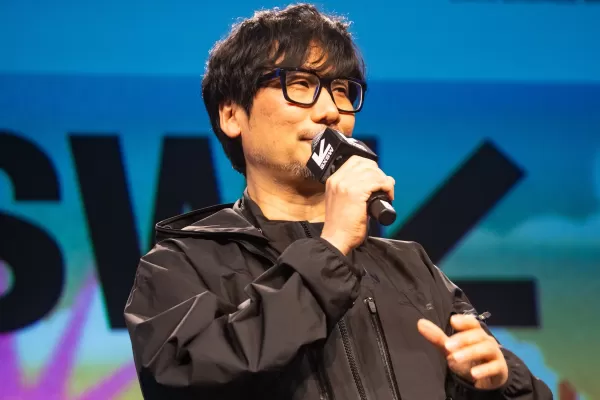 Hideo Kojima will soon release Death Stranding 2. Photo by Lorne Thomson/Redferns.
Hideo Kojima will soon release Death Stranding 2. Photo by Lorne Thomson/Redferns.
In an exclusive interview, Kojima shares his philosophical approach to the game's production. He discusses what elements were left behind from the original Death Stranding and what has been carried forward into the sequel. Additionally, he reflects on contemporary society and its intricate relationship with his games.

 Hideo Kojima will soon release Death Stranding 2. Photo by Lorne Thomson/Redferns.
Hideo Kojima will soon release Death Stranding 2. Photo by Lorne Thomson/Redferns. LATEST ARTICLES
LATEST ARTICLES 